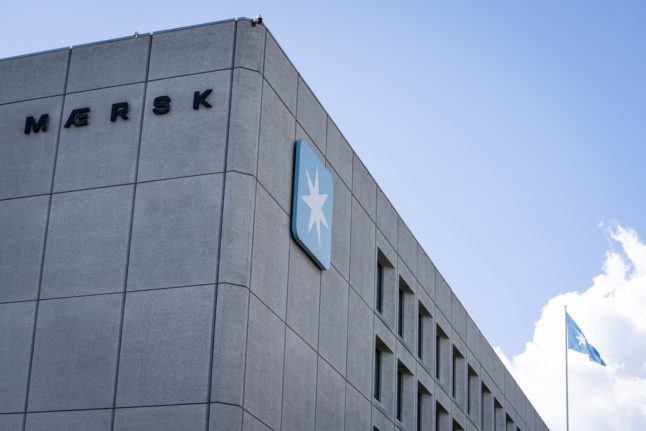Calculations by financial news outlet Finans, based on information provided by the Danish Tax Authority, show a remarkably low percentage paid by Maersk in tax two years ago.
The figure is lower than that reported by the company itself in its published accounts.
Maersk said that the difference is related to tax calculated in Denmark that has been paid into the Danish tax coffers.
“Maersk can confirm that the company has tax payments that take place in Denmark but, due to a lack of double taxation agreements, are paid in another country,” the company’s press communications department told Finans in a written comment.
Shipping companies in Denmark are subject to a special taxation system termed “tonnage tax” or tonnageskat by which the companies pay a set tax amount per ship. The amount is not affected by the company’s profits. The system has been in place since 2001.
This system means that shipping cargo companies are not subjected to the normal Danish business tax of 22 percent.
Maersk’s profits in 2021 were the largest ever recorded in Denmark at the time. The record was broken by Maersk itself the following year, when it registered a net profit of 203 billion kroner.
READ ALSO: High prices give Maersk largest-ever profit for a Danish company
The company’s 2022 tax statement shows tax of 0.7 percent was paid in Denmark, according to Finans’ report.
But the media writes that its calculations show that actual rate the company paid last will be closer to 0.2 percent, partly because it now has fewer ships.
Broadcaster DR reported earlier in February that Maersk held meetings with Denmark’s tax and maritime authorities to advise them on how best to shield the shipping industry from the OECD’s global minimum tax deal.
The European Union approved at the end of 2022 a plan to implement a global minimum tax rate for multinational companies.
The taxation is set to take effect at the end of next year, but the maritime freight industry was eventually exempted from the arrangement.



 Please whitelist us to continue reading.
Please whitelist us to continue reading.
Member comments